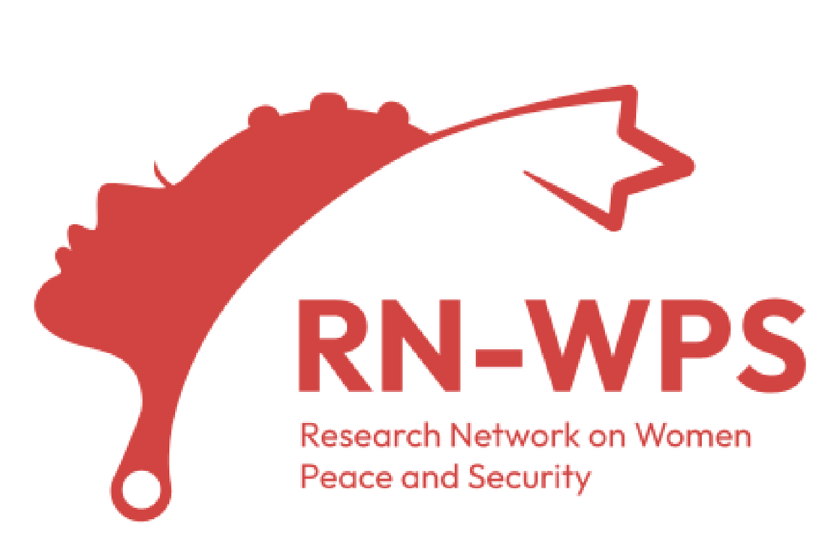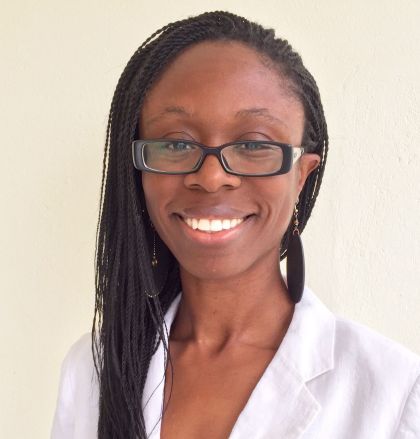
New funding for Women, Peace, and Security Network
Faculty of Arts and Science Professor Yolande Bouka and her research team have received funding from the Government of Canada Mobilizing Insights in Defence and Security (MINDS) program to lead the second iteration of the Research Network on Women, Peace and Security (RN-WPS).

Dr. Yolande Bouka.
Formerly hosted at McGill University, the network seeks to mobilize insights related to the Women, Peace, and Security (WPS) Agenda to address key defense and security issues including topics at the intersection of militarism, climate change and gender. First introduced by the United Nations Security Council landmark resolution 1325, the WPS agenda is a commitment to advance gender equality by recognizing women as key agents of security and developing feminist approaches to conflict resolution.
Dr. Bouka (Department of Political Studies), alongside her co-directors Megan MacKenzie (Simon Fraser University School of International Studies) and Rebecca Tiessen (University of Ottawa), looks forward to expanding the scope of WPS to address present challenges like cyber-security, environmental change, disarmament, and decolonization.
“The Network works with various stakeholders on issues of culture change in the military and some of the challenges regarding gender-based violence and inclusion of under-represented communities including gender, sexual minorities, and racial minorities.”
Moreover, the leaders of RN-WPS 2.0 aim to maintain and expand the feminist security space fostered over the past three years.
“Our objective is to create support spaces where academics and policymakers learn from one another and support one another,” says Dr. Bouka, who will be working closely with researchers from the Queen’s Centre for International and Defence Policy. “I want to curate a space that promotes collaboration between a variety of groups.”
Dr. Bouka’s vision is well suited to MINDS, which is founded on the idea that policy- and decision-making are strengthened when assumptions are challenged and diverse viewpoints are considered. MINDS provides opportunities for collaboration between the Defence Team and the defence and security expert community. This is the second Queen’s-led network that has received funding under the MINDS program.
Although the WPS agenda in Canada is often championed as a model for other countries, such as Ukraine and Sudan, RN-WPS hopes to promote areas of improvement for Canada.
“But the idea of the Women, Peace, and Security agenda is also an opportunity for countries to look inward and ask questions at home. We can do better with regards to gender equality and, more broadly, politics, representation, and security. We want to address Canada’s defense priorities while foregrounding feminist visions and practices of inclusive peace.”
With funding in place and the work just beginning, Dr. Bouka is looking to the future and the goals of the RN-WPS Network.
“In the second iteration of this Network, we want to build on what we have done so far and leverage our members’ work to build a stronger community of practice. We also want to support more interaction between our members and the defense community.”

